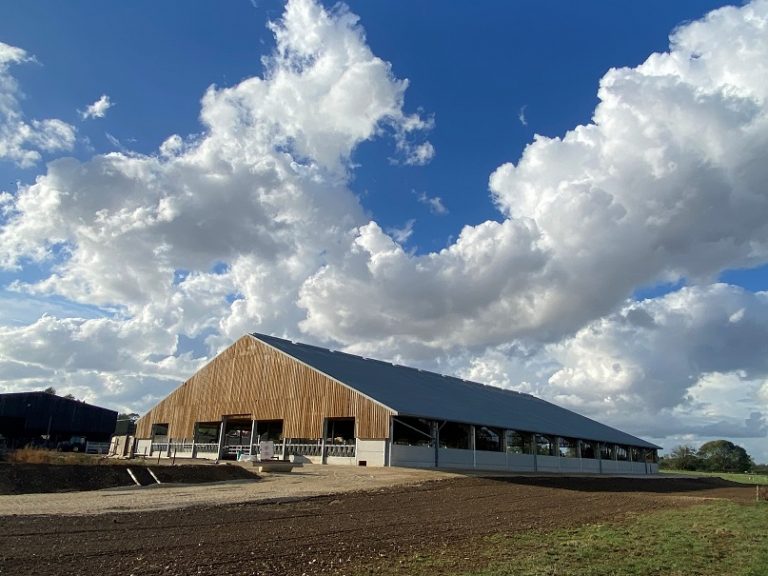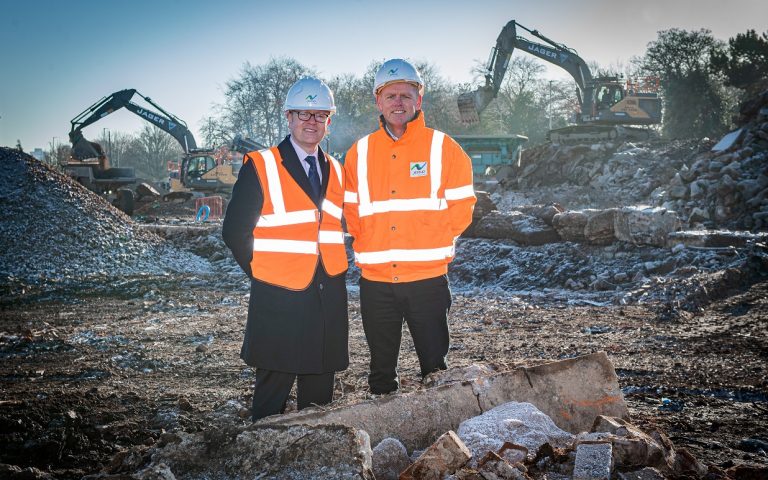It’s that time of year, when Business Link Magazine invites the region’s business leaders to offer up their predictions for the year ahead.
It has become something of a tradition, given that we’ve been doing this now for over 30 years.
Here we speak to Daniel Collins, director at Lincolnshire-based architecture practice, PolkeyCollins.
With the ever-changing market at the moment, it is going to be difficult to predict with any confidence where the UK will be heading through 2023. However, it is clear that there will be caution across the construction industry. Unfortunately, I do feel there will continue to be a turbulence felt across the industry, with processes and client commitment taking longer than ever. The result, for various reasons, will affect quality and efficiencies, which in turn costs the client and threatens viability.
We have all seen and are still seeing the impacts of the last five years affecting businesses and their employees in various ways. Following the division of Brexit, widespread impact and challenges of Covid, then the current political turmoil, it is difficult to get a semblance of what normal is. In addition to this, the construction industry is about to face another challenging time with new legislation coming into force such as the fire safety bill, building regulations amendments and enhanced sustainability targets. It is evident that the industry is going to feel further pressure, before truly establishing a ‘new normal’.
For
PolkeyCollins, we have been impacted significantly by the above. However, as we are coming up to 10 years of trading, 50% of this has been through these challenging times. Therefore, I feel the formulative years of the practice have enabled us to embrace these challenges and work slightly differently in the industry. Through a cross-sector approach, modern working practices with a repeat client base and truly embracing the concept to completion approach, we have built a strong foundation for the practice to grow sustainably and continue to succeed.
Looking ahead, I believe 2023 will be a challenging year, where companies and individuals are striving to reclaim the normality and establish some stability, whilst looking to balance and recover some of the lost time. How this happens will be interesting with many possible solutions, where there is no definitive right or wrong.












